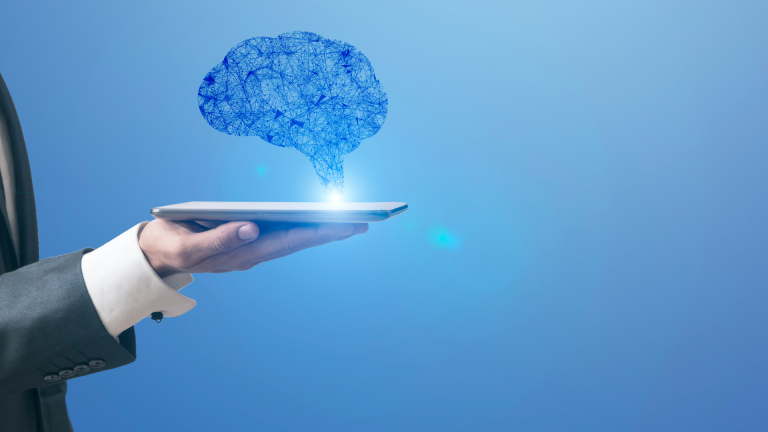
Will AI Take Over The World?
Is that the future of AI? Will the machine become so powerful that it begins to think to a point where it is more capable than the humans? Notice, I said capable, not powerful. No doubt computers are more powerful at giving us answers faster than human brainpower, but are they more capable? That’s what people worry about.
“The year is 2035 and humanoid robots, powered by Artificial Intelligence, are part of everyday life. Detective Del Spooner hates robots because he was in a car accident and a robot pulled him to safety while leaving a 12-year-old girl to die – because the odds of her living were statistically lower than Detective Spooner’s. That’s a little background on the hero from the movie I, Robot, starring Will Smith. Eventually, these humanoids band together in a plot to take over the world.”
Artificial Intelligence (AI) has been a topic of debate for decades, with many people expressing concerns about its potential to take over the world. Some fear that AI will eventually become so advanced that it will surpass human intelligence, rendering us obsolete or even leading to our downfall. However, these fears are largely based on myths and misconceptions. In this blog post, we will explore some of these myths and provide evidence to debunk them.
Myth #1: AI will become conscious and turn against us.
This is perhaps the most popular myth about AI. Many people imagine a future where machines will become self-aware and decide that humans are no longer necessary. While this scenario makes for great science fiction, it’s highly unlikely to happen in reality.
Consciousness is a complex phenomenon that scientists still do not fully understand. It is not something that can be programmed into a machine, and there is no evidence to suggest that AI will ever become truly conscious. Additionally, machines lack the emotions and motivations that humans have, which means they have no reason to turn against us.
Myth #2: AI will take all our jobs.
This is another common fear surrounding AI. Many people believe that machines will become so advanced that they will be able to do all the jobs that humans currently do, leaving us without any work. However, this is an oversimplification of the situation.
While it’s true that AI will automate some jobs, it will also create new ones. In fact, a study by the World Economic Forum found that by 2025, AI will create more jobs than it displaces. Additionally, many jobs require human skills such as creativity, empathy, and critical thinking, which machines cannot replicate.

Myth #3: AI is always biased and discriminatory.
This myth is based on the idea that AI is only as unbiased as the data it’s trained on. If the data is biased, then the AI will be biased as well. While this is true to some extent, it’s important to remember that bias in AI is not inevitable.
AI can be trained on diverse and representative datasets to reduce the risk of bias. Additionally, there are techniques for detecting and mitigating bias in AI systems. It’s up to humans to ensure that AI is developed and deployed in an ethical and responsible manner.
Myth #4: AI is too dangerous to be used.
Some people believe that AI is too unpredictable and dangerous to be used in any significant capacity. However, this fear is largely unfounded. AI is no more dangerous than any other technology, and there are already many examples of AI being used safely and effectively.
For example, AI is used in healthcare to diagnose diseases and develop treatment plans. It’s also used in finance to detect fraud and manage investments. Like any technology, AI has risks, but these risks can be mitigated through proper design, testing, and regulation.
In conclusion, the fear that AI will take over the world is largely based on myths and misconceptions. While it’s true that AI has the potential to revolutionise many aspects of our lives, it’s unlikely to become conscious or turn against us. It will also create new jobs and opportunities, rather than taking them all away. As long as we approach AI development and deployment in an ethical and responsible manner, there’s no reason to fear its potential.
Resource: Moss, I (2023). Will AI Take Over The World? DigitalGenius. https://digitalgenius.com/will-ai-take-over-the-world/
Related posts
Sorry, the comment form is closed at this time.







